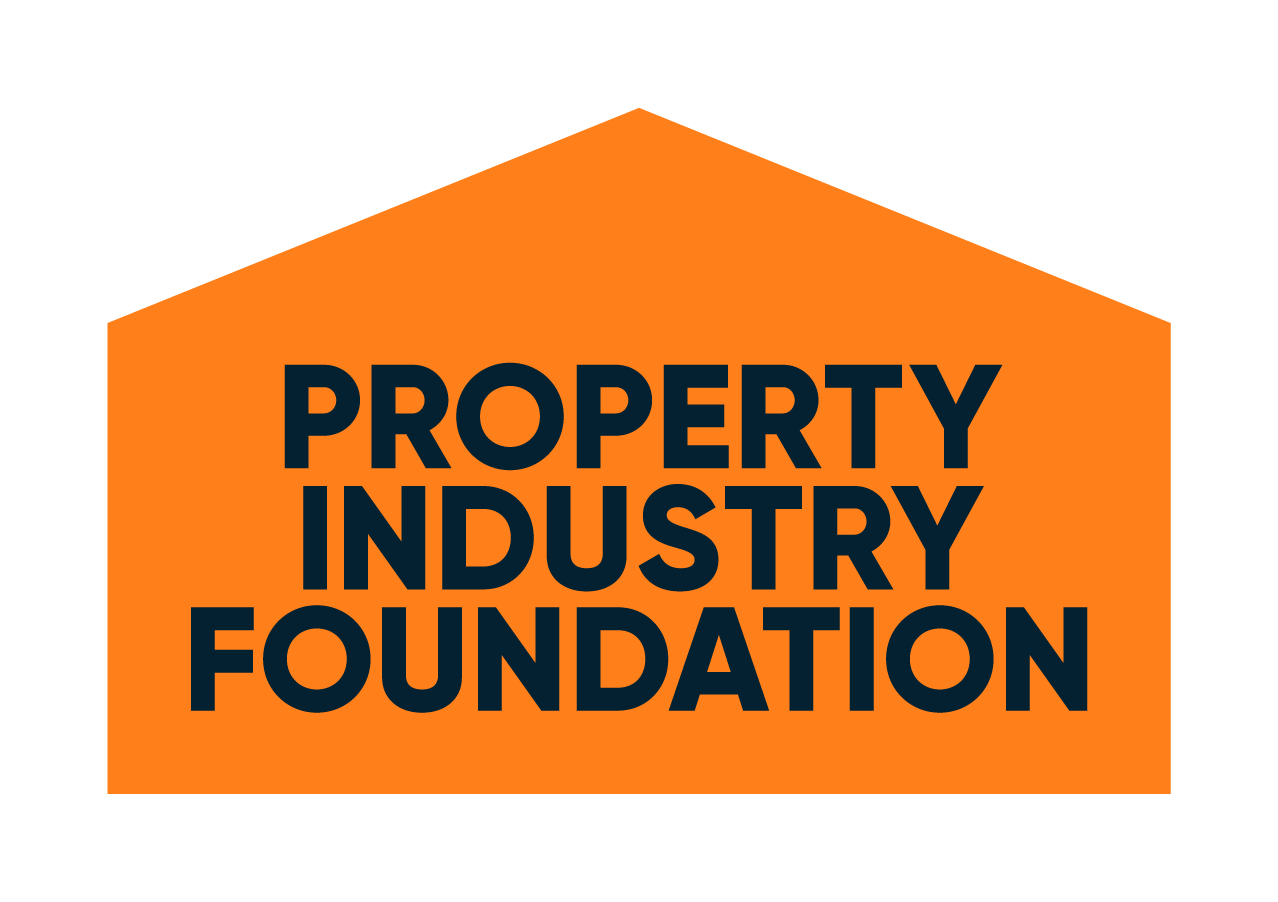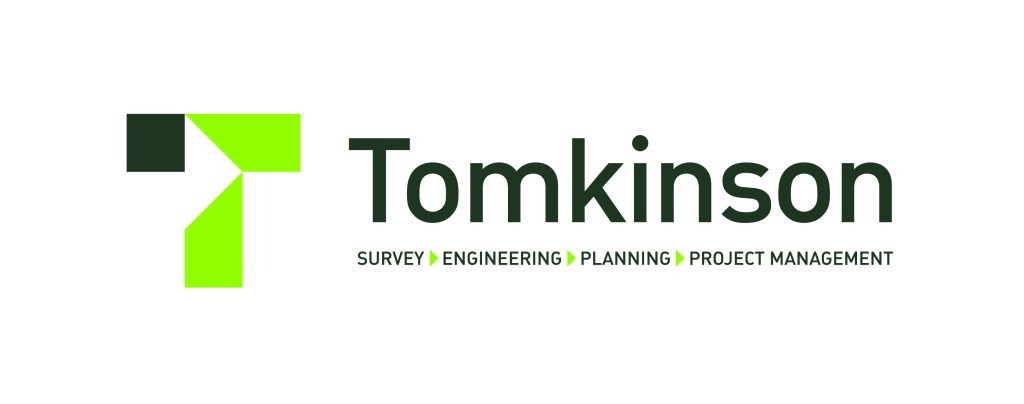Media Release Begins
UDIA National has lodged a submission strongly supporting the Government’s proposed Housing Australia Future Fund (HAFF) and Accord investment Mandates (Proposed Mandates), as they will provide the widest possible optionality for Private and Community Housing Providers to fund affordable and social housing in line with UDIA recommendations.
The HAFF Investment Mandate and the Accord Investment Mandate are the critical instructions that tell Housing Australia how it should invest in affordable and social housing under the $10bn HAFF and the Housing Accord. They determine who can receive funding and for what purposes.
Following on from our two year consultation with Treasury, Housing Australia and the Minister’s office, the Proposed Mandate’s have been drawn up in the most flexible terms in line with our recommendations.
Bar any political changes in the wording prior to passing, the legislation is the best possible outcome for industry, Government and the community. There is the widest possible optionality for market participants to put up HAFF funded projects.
Specifically, Housing Australia has the flexibility to fund projects so long as there is an eligible entity involved (which may or may not be a community housing provider). The specific category list of eligible entities includes state, indigenous, ADF housing, and Community Housing entities but does not specify the level of their involvement. It also allows for a Special Purpose Vehicle to receive funding providing one of those eligible entities is part of the vehicle. Housing Australia has the ability to mobilise a range of delivery solutions and pivot as needed to respond to market conditions.
Most importantly, as recommended, the Proposed Mandates provide only minimal requirements on how Housing Australia should evaluate eligible projects. It does not for instance specify ownership or management of the housing – this is at the discretion of Housing Australia. This gives Housing Australia the ability to draw on all housing providers from private and community housing providers through to potentially Build to Rent operators and harness innovation over the coming decades.
The legislation is yet to pass Parliament, so there is the possibility that it will be modified before final assent.
The UDIA National submission supports the Proposed Mandates and suggests improvements to allow HA to respond more dynamically to challenges. This includes:
- Providing practical flexibility in satisfying the energy efficiency and liveability standards – the projects must comply with 7 star NATHERS and liveability standards under the National Construction Code and means re-developments, existing projects and developments in certain low-income or regional areas will be unable to access the HAFF or Accord. This risks creating housing “blackspots” or the need for excessively high availability payments to compensate – we suggested the energy efficiency threshold be averaged across the project dwellings. There should also be a mechanism that allows existing projects to use their current ratings. To avoid blackspots, there should be the opportunity to allow project funding where a project is unable to meet the energy or living standards (with good reason), and there are no suitable projects in the immediate area.
- Aligning the 2026 HAFF review with a review of the Investment Mandate so that the operation of the initiatives can be optimised and remove any unforeseen problems.
In addition, we noted that the Proposed Mandates should:
- maintain the current broad approach to identifying affordable housing to ensure all definitions across Federal, State and Territory legislation maintain the breadth of their operation.
- maintain the current wording for the Special Purpose Vehicles and avoid further specification, which can only narrow its potential to deliver housing at greater complexity/cost.
We also noted that coordination of supporting complimentary initiatives outside of the HAFF is critical to its success – specifically finding more development ready land, reducing cost of construction, rebuilding capacity, building enabling/supporting infrastructure and streamlining planning and regulations. None of the initiatives will succeed unless these barriers are addressed.
UDIA National will continue to work closely with the Minister, Treasury and Housing Australia to shepherd the Investment Mandates through the process.
-ENDS-
MEDIA CONTACTS AND REQUESTS FOR INTERVIEW:
UDIA Victoria: Linda Allison, CEO
Email: info@udiavic.com.au










